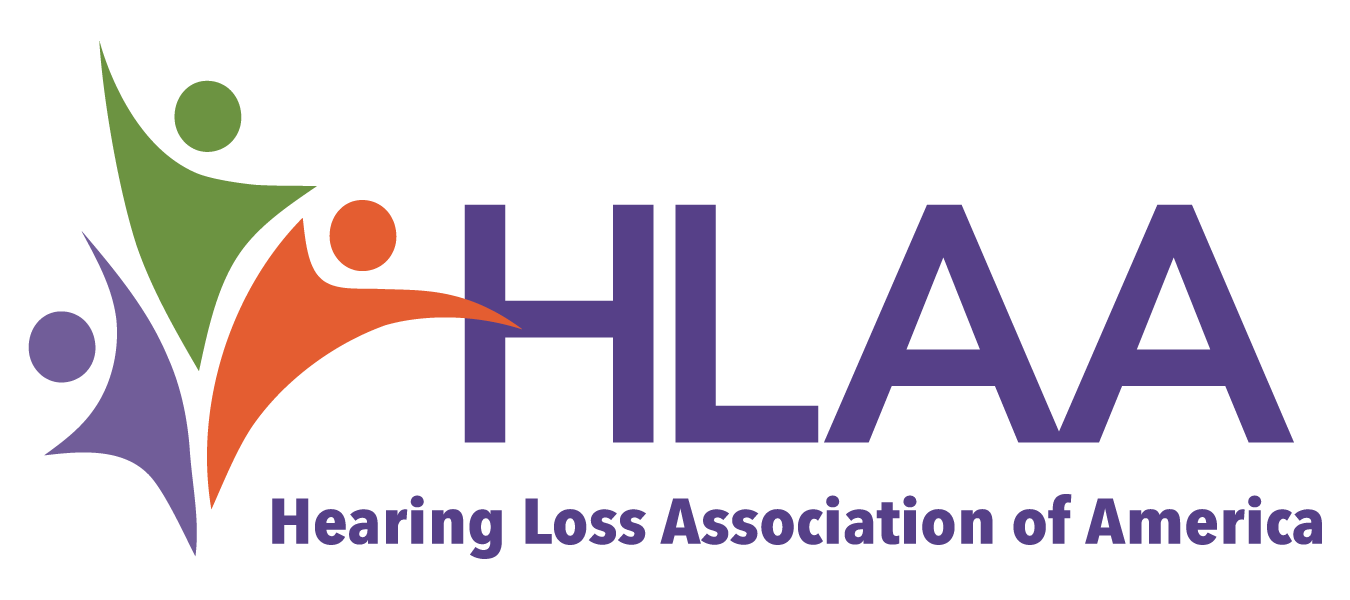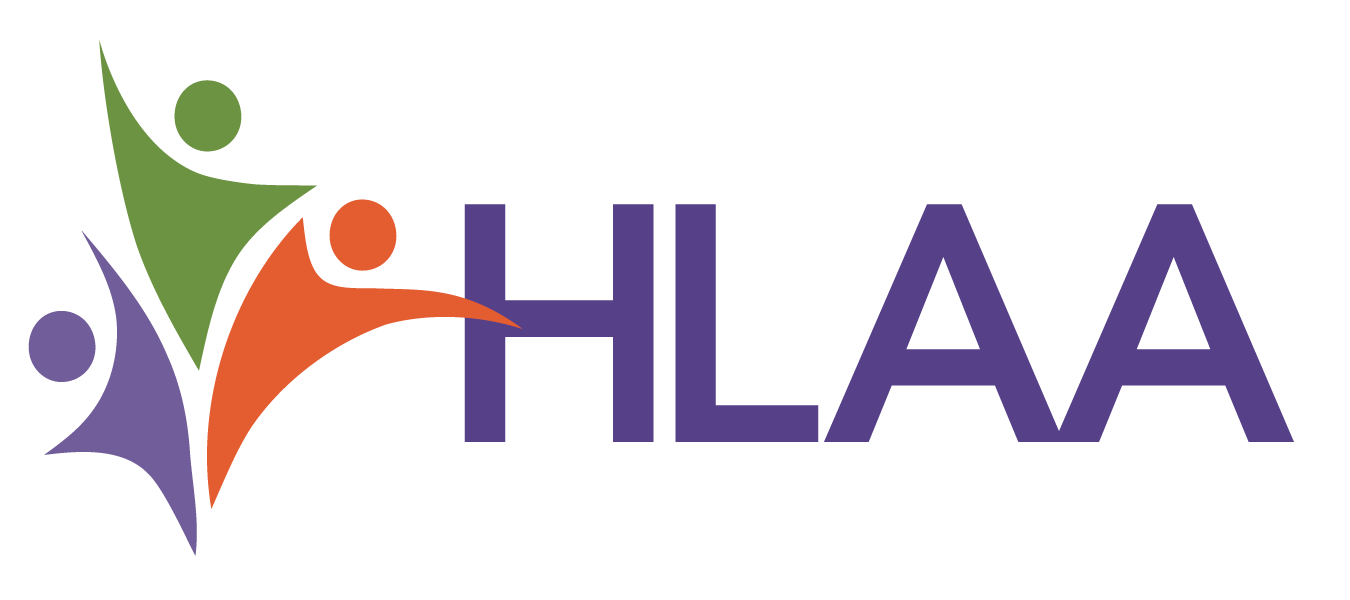Who We Are
Founded in 1979 by Howard E. “Rocky” Stone, the Hearing Loss Association of America (HLAA) is the nation’s leading organization representing consumers with hearing loss. The programs and events we offer are designed to focus on you—the person. HLAA strives to give people the tools they need to live more successfully with hearing loss and to show them they do not have to face hearing loss alone.
Our Mission
The mission of HLAA is to open the world of communication to people with hearing loss by providing information, education, support and advocacy.
Information and Education
Our primary purpose is to educate ourselves, our families, friends, coworkers, teachers, hearing health care providers, industry, government, and others about hearing loss. HLAA provides adults and children with tools for self help; sensitizes the general population about the special needs of people who have hearing loss; and promotes understanding of the nature, causes, complications, and remedies of hearing loss.
- We provide information on many aspects of hearing loss, from technological and medical advances to coping and parenting strategies.
- We want to help you become an informed consumer on what options are available to you to help you make the best decisions on how to deal with hearing loss.
Support
Support comes in many forms as it means something different to everyone. HLAA offers a wide range of local and national programs, events, and resources that offer something for everyone. See our programs and events page for more information on our support tools, including our national network of chapters and state organizations, Hearing Life magazine and Hearing Life e-News, the annual HLAA Convention, the Walk4Hearing, and monthly webinars.
Advocacy
HLAA is a leading voice in improving communication access for people with hearing loss. Our advocacy efforts range from the grassroots, local level all the way up to Capitol Hill. In fact, some of the most powerful and effective advocacy efforts begin with you – the person with hearing loss.
We advocate for communication access in the workplace, hotels, schools, court systems, medical, and entertainment facilities. HLAA promotes new technology, medical research, and legislation that will alleviate the effects of hearing loss, and we encourage and participate in research to improve hearing aids, assistive listening devices, and other technology needs of consumers with hearing loss.
HLAA also promotes and encourages self-advocacy. Speak up, whether it’s at school, work, social activities or even at home. Let people know you have a hearing loss and tell them what you need to best communicate.
Statement of Strategic Intent
The HLAA Board of Directors adopted a Statement of Strategic Intent in June 2012. Read the full statement.
HLAA seeks to enable people with hearing loss to live life fully and without compromise. Success will be achieved when:
- Stigma withers away. Hearing loss is no longer considered shameful.
- People take action. Effective, affordable, and easy-to-use hearing devices are routinely
worn by people with hearing loss. - Costs come down. Medicare and all other insurance plans cover a full range of hearing
technology and aural rehabilitation programs. - More public spaces are communication accessible. High-quality assistive listening devices
and captions are available in theaters, transportation, government buildings, and houses of
worship. - Consumers have know-how. People understand how to successfully cope with their hearing
loss, and how to obtain and use the technology and therapies they require. - Providers follow best practices. Clinicians offer a wide spectrum of devices and treatments,
know how they work, and base care on an assessment of each person’s hearing and lifestyle
needs. - Technology works seamlessly. Audio devices, including mobile phones, easily connect to
one another without glitches, incompatibilities, or additional devices like streamers. - Hearing loss is recognized as a key public health issue. Healthy hearing is deemed essential
to human physical and psychosocial health so that screening for hearing loss occurs
routinely in primary care. - Hearing loss prevention is routine. School children are taught how and why to protect their
hearing. Laws limiting noise levels in public spaces are enforced.

